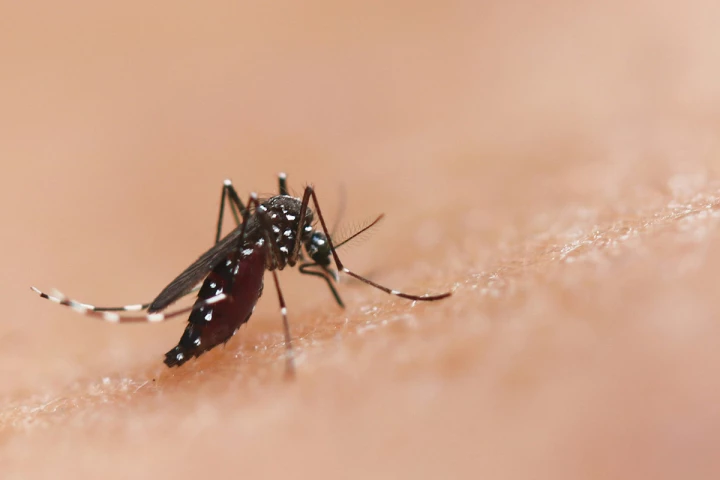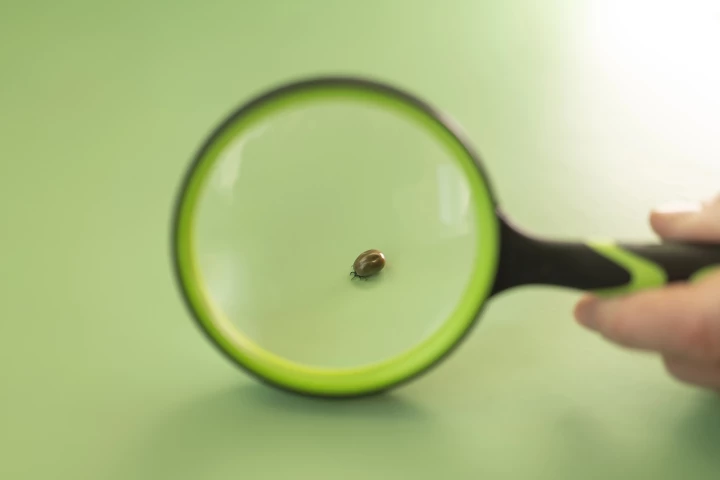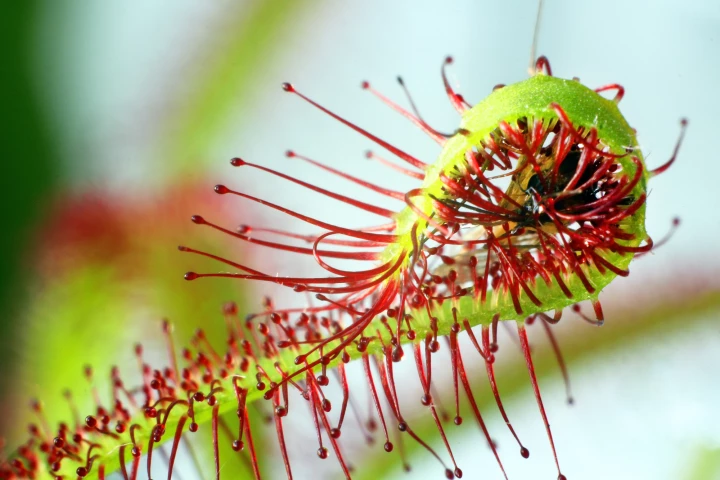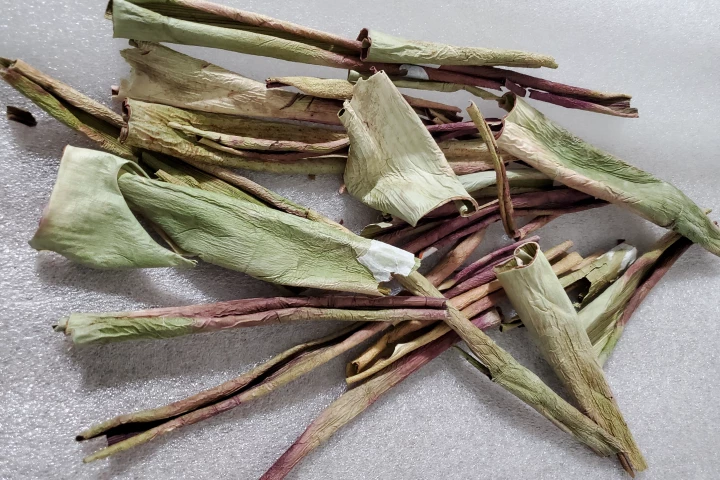Pests
-
While we may still not have flying cars, robot butlers or food replicators in our possession, you can now order something else you may have long dreamt of. It's called the Photon Matrix, and it uses lasers to track and kill airborne mosquitoes.
-
For years, we’ve admired plants for their ability to cleanse the air but our green ally might be contributing to air pollution in an unexpected way. While they may be just trying to fend off pests, this mechanism is also harming the environment.
-
Mosquitoes have long been among humanity’s most formidable adversaries, causing more deaths than any other animal. With traditional control methods facing mounting resistance, researchers are seeking innovative ways to combat mosquito-borne disease.
-
From fleas to mosquitoes, there's no shortage of organisms we consider pests. But thanks to new genetic detective work, scientists have named and shamed the resilient, highly adaptive – and frustratingly hard to kill – bug that got to us first.
-
Nobody likes hearing a mosquito somewhere in their bedroom, without being able to see where it is. Well, the Bzigo Iris tracks and highlights mozzies, so you can swat them. It's now 50% cheaper, and doesn't require a Wi-Fi connection.
-
Mosquitoes are masters of evasion when indoors, seemingly disappearing after you unsuccessfully try to swat them or grab them out of the air. That's where the Bzigo Iris comes in, as it tracks them and shows you where they are.
-
Inspired by a carnivorous plant, scientists have created a sticky spray that could kill pest insects as effectively as traditional toxic pesticides. And what's more, it's derived from plain ol' vegetable oil.
-
A worm-filled gel has been shown to protect crops from pests, without the use of environmentally-unfriendly pesticides. Its not-so-secret ingredient is scores of tiny nematodes, which ordinarily can't survive outside of their underground habitat.
-
When it comes to protecting crops via insect-blocking netting, you may think that the size of the holes in that netting is the most important factor. According to new research, however, the color of red netting makes an even bigger difference.
-
Just like any other organisms, crop-destroying soil microbes die if they get too hot. With that fact in mind, scientists have developed a new system in which soil-heating microwaves are used to kill such pests. It could one day replace pesticides.
-
The spotted-wing drosophila is a type of fruit fly that can destroy berry crops if not killed by insecticides. According to a new study, the smell of a crop-damaging fungus could provide an eco-friendly alternative to such toxic chemicals.
-
Although the gel of the aloe vera plant is used to treat sunburn, moisturize skin and boost gut health, its peels are usually discarded. New research now suggests that those peels could also be used, to make non-toxic insecticide for use by farmers.
Load More










